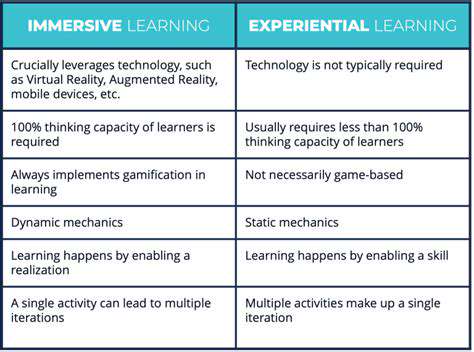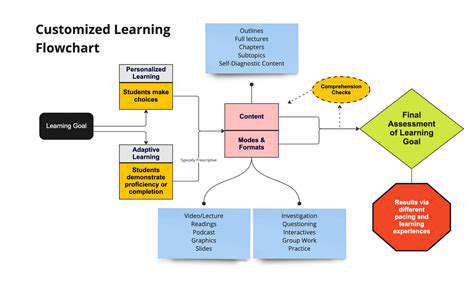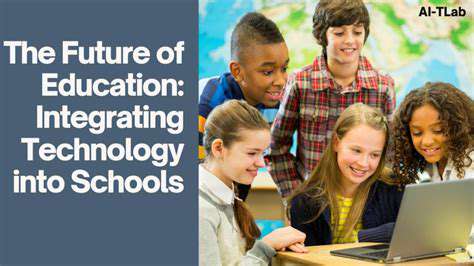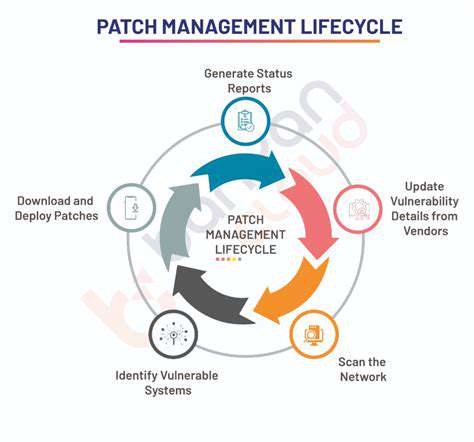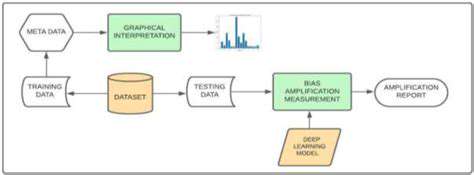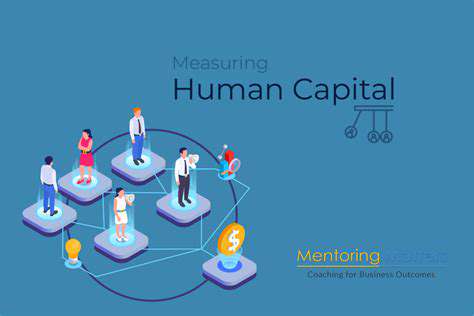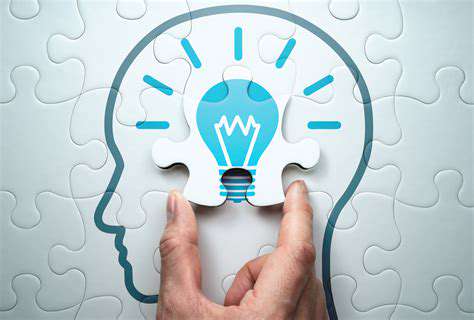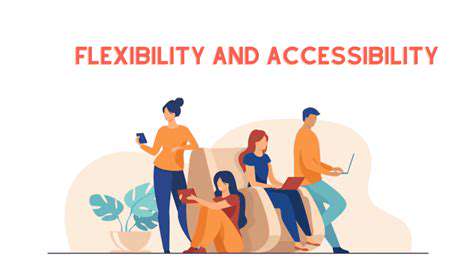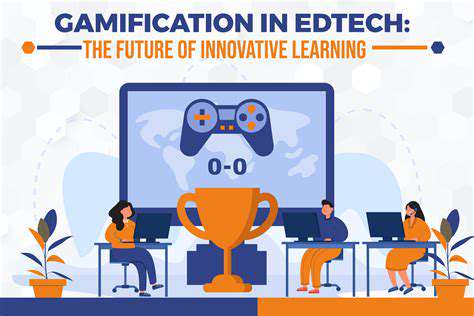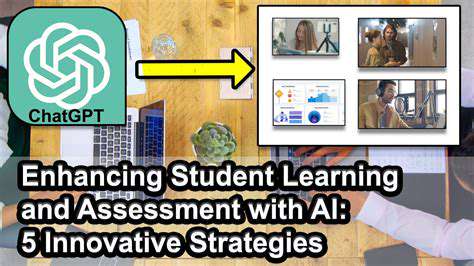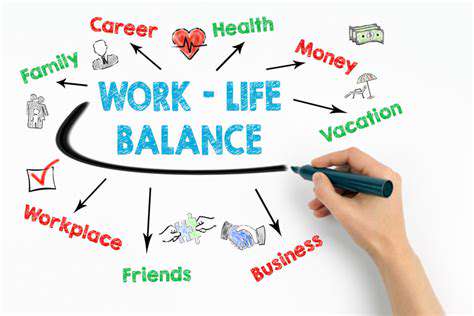The Teacher as Researcher in Personalized Learning Settings
Defining the Role of the Teacher-Researcher
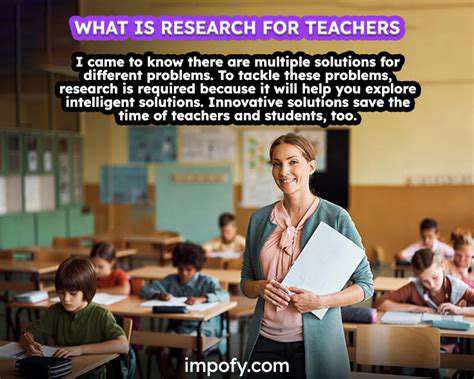
Defining the Teacher-Researcher
Education today demands more than just knowledge delivery; it requires educators who blend teaching with systematic inquiry. The teacher-researcher model represents this evolution, where educators become investigators of their own practice. Unlike traditional methods, this approach treats the classroom as a living laboratory where every lesson offers data for reflection. When teachers adopt this dual lens, they create classrooms that buzz with intellectual curiosity—spaces where questions matter as much as answers.
Modern classrooms present unique challenges that cookie-cutter solutions can't address. Here, teacher-researchers shine by treating each student interaction as valuable feedback. They might notice, for instance, how a particular analogy suddenly makes a concept click for struggling learners. These observations become the raw material for refining their craft in real time.
Essential Traits of Effective Teacher-Researchers
What separates ordinary educators from teacher-researchers? It's their insatiable intellectual hunger. They're the colleagues who arrive early to discuss that new education study, who experiment with unconventional methods when standard approaches falter. Their lesson plans include margins filled with handwritten notes about what worked and what needs tweaking.
These educators have a sixth sense for meaningful data. While others might see just a stack of quizzes, they spot patterns—perhaps noticing that questions involving visual interpretation consistently trip up certain learners. This insight might lead them to incorporate more graphic organizers or sketchnoting techniques in future lessons.
Cultivating Curiosity Through Inquiry Methods
Inquiry-based learning turns classrooms into discovery zones. Picture students debating the ecological impacts of local development projects rather than just memorizing textbook definitions. One middle school class might design their own experiments to test water quality in different neighborhoods, developing research skills alongside scientific knowledge.
This methodology produces a noticeable shift in classroom dynamics. Instead of waiting to be filled with knowledge, students start bringing their own questions—the kind that send teachers scrambling to research answers. A history lesson on ancient civilizations might spark a student's interest in comparative linguistics, leading to unexpected but valuable detours in the curriculum.
Making Data Work for Real Classrooms
Effective teacher-researchers employ surprisingly simple yet powerful data tools. A kindergarten teacher might track how different read-aloud techniques affect engagement by counting how many hands shoot up with questions. High school instructors could analyze the correlation between peer review sessions and subsequent essay improvements. The magic lies not in fancy software, but in consistently connecting observations to actionable insights.
Data interpretation requires balancing numbers with human insight. When test scores dip after introducing a new algebra concept, does this signal the need for reteaching, or might it reflect poorly worded questions? Teacher-researchers dig deeper, perhaps discovering through student interviews that visual learners struggled with purely symbolic representations.
Growing Through Professional Networks
The most effective teacher-researchers treat their professional community as an extended brain trust. They might participate in lesson study groups where colleagues collaboratively design, observe, and refine a single lesson over multiple iterations. Social media platforms have become unexpected hubs for this work, with teachers across continents sharing successful strategies for complex topics like fractions or thesis development.
These collaborations often yield hybrid solutions. A writing strategy that works wonders in an urban school might be adapted with surprising success in a rural setting. The key is maintaining what researchers call a growth mindset - viewing every classroom challenge as an opportunity to learn rather than a setback.
Measurable Benefits for Learners
The proof of this approach appears in student transformations. We see it in the formerly reluctant reader who starts recommending books to classmates after experiencing literature circles. Or in the math-phobic student who gains confidence through targeted interventions based on error pattern analysis. Most importantly, we see it in graduation rates and standardized test scores that steadily climb as instruction becomes more responsive.
Long-term impacts might be even more significant. Students taught by teacher-researchers often develop meta-cognitive skills that serve them beyond school. They're more likely to approach workplace challenges methodically, using the same questioning and reflection techniques modeled by their teachers years earlier.

Read more about The Teacher as Researcher in Personalized Learning Settings
Hot Recommendations
- The Gamified Parent Teacher Conference: Engaging Stakeholders
- Gamification in Education: Making Learning Irresistibly Fun
- The Future of School Libraries: AI for Personalized Recommendations
- EdTech and the Future of Creative Industries
- Empowering Student Choice: The Core of Personalized Learning
- Building Community in a Hybrid Learning Setting
- VR for Special Education: Tailored Immersive Experiences
- Measuring the True Value of EdTech: Beyond Adoption Rates
- Addressing Digital Divide in AI Educational Access
- Preparing the Workforce for AI Integration in Their Careers
